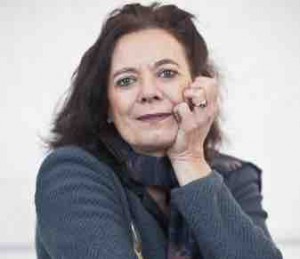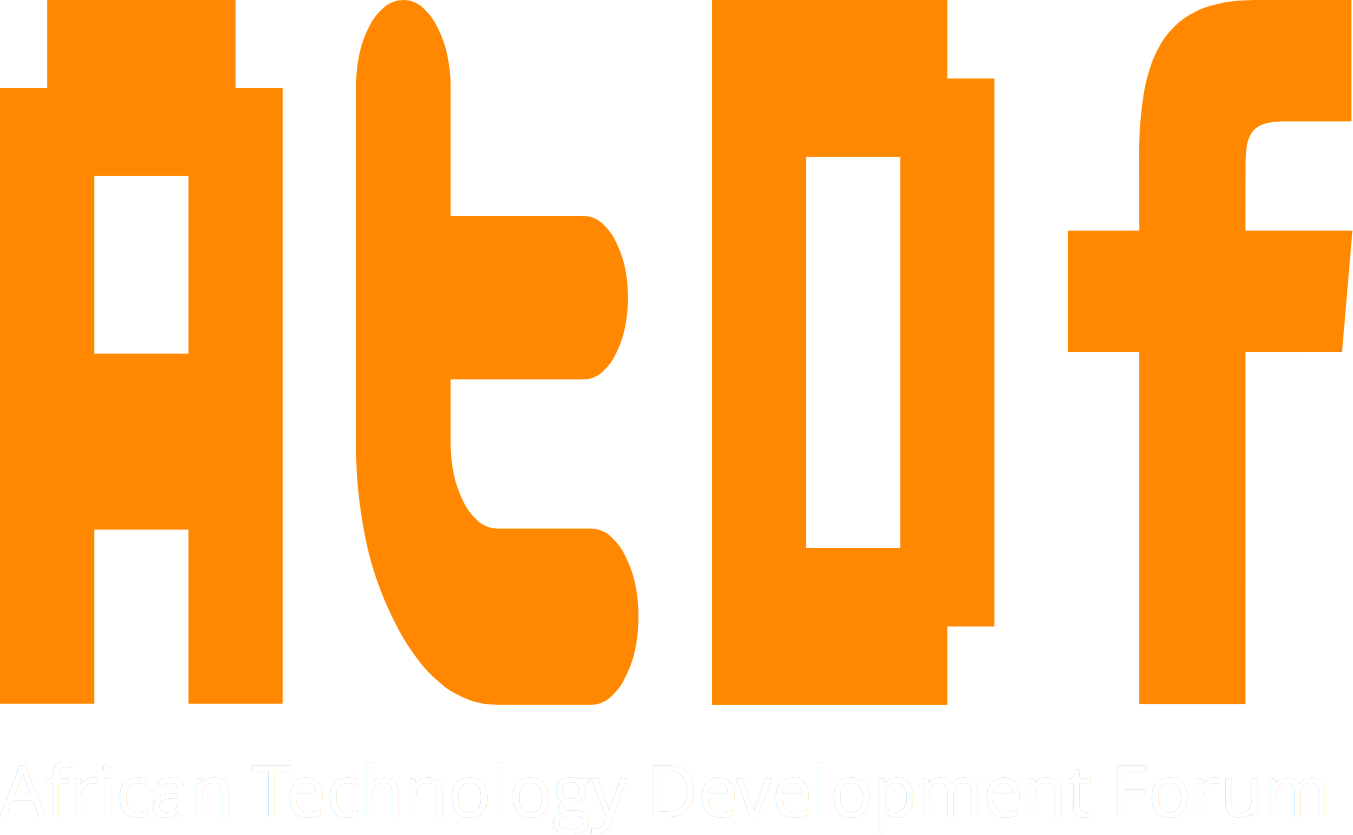Louise Fresco

One could tell two opposing stories about agricultural modernization over the past two centuries. A story about the amazing successes of science leading to an unprecedented food availability and wealth. But there is also a pessimistic story about the disasters that man has brought onto the earth as a result of economic growth. Ironically, those who have most benefited from scientific progress and the growth of wealth are the ones most doubtful of its future utility. For some in Europe, we are close to a biological meltdown, a world where we poison the planet and ourselves. But honesty commands us to say that we have also learnt from our mistakes. We pollute less than before, we have passed legislation to protect forests and lakes. I see human history as a continuing process of learning. Yet, it is the lack of trust in human learning that separates today the Europeans from the emerging economies in Asia, Africa or Latin America.
The negative perception of the unprecedented success story of agricultural science is less innocent than it may seem. It risks threatening the very heart of future scientific progress. What has been achieved so far has been the result of a careful formulation of hypotheses, experimentation and peer reviewed reporting (with, obviously, a pinch of serendipity).
This methodology is now questioned in western society. Science and technology combined with free trade are said to lead to uniformity and anonymity, undermining of local traditions. Science is equated with a blind belief in technocratic, top down and large scale solutions without regard for human diversity, animal welfare, and environmental damage. For some science is just one opinion among many others on the internet. The doubts about agricultural and food science take many forms: a return to local foods and identities, the rejection of intensive animal production or even modern technology as whole, the embracing of organic production methods, the rejection of fertilizer, antibiotics and chemicals, the boycotting of industrial food production and preservation, the negation of trade and the need for economic growth. Many of these points contain valid elements of critique, but as a combined general statement they represent a dangerous, conservative and protectionist mix.
Emerging economies seem to do a better job so far addressing the difficult trade-offs between development and environment through investment in innovation.
The profound unease that western consumers experience in the face of food abundance reflect the conditions of a highly urbanized society where the links between consumers and producers are tenuous and where science is mostly associated with involuntary risk exposure. It will be one of the greatest tasks in our modern affluent society to make the next generation again more curious about science, more balanced in their judgment about the challenges and opportunities of important platform technologies such as biotechnology and more pragmatic in the urgent need to find solutions to the growing global sustainability challenges of the 21st century.
Emerging economies seem to do a better job so far addressing the difficult trade-offs between development and environment through investment in innovation. The problem with many people in Europe is that they do no longer remember how their own society developed and became affluent – emerging economies still do.
Louise Fresco is a University Professor in Amsterdam, the Netherlands. She is an advisor to the Dutch government on socio-economic policy, science and sustainability and a member of the Strategic Advisory Board of the Director General of the Food and Agriculture Organization (FAO) of the United Nations. She has been ranked by the monthly magazine Opzij number one in the ’Top-100 2011’ of most influential women in science and education.
